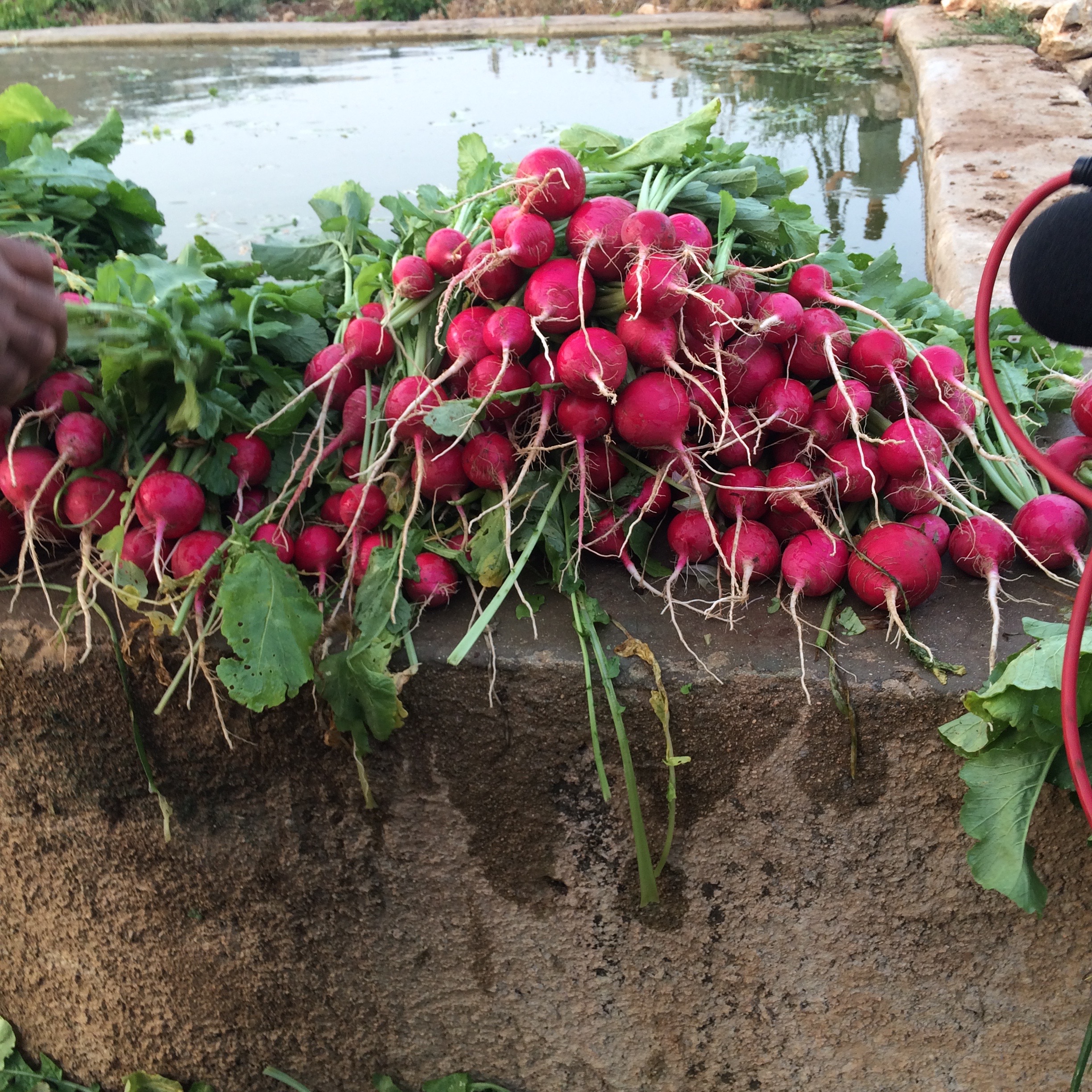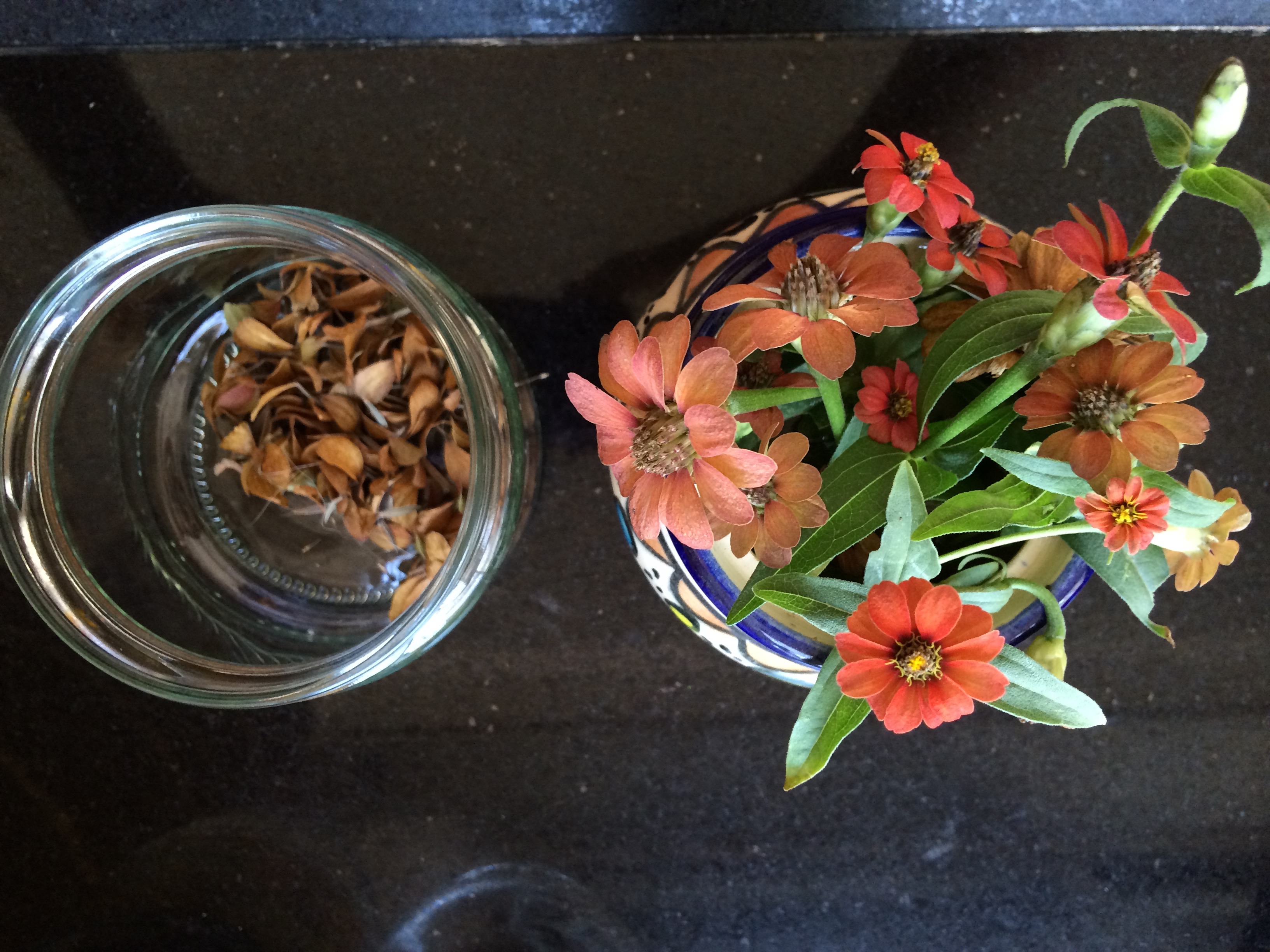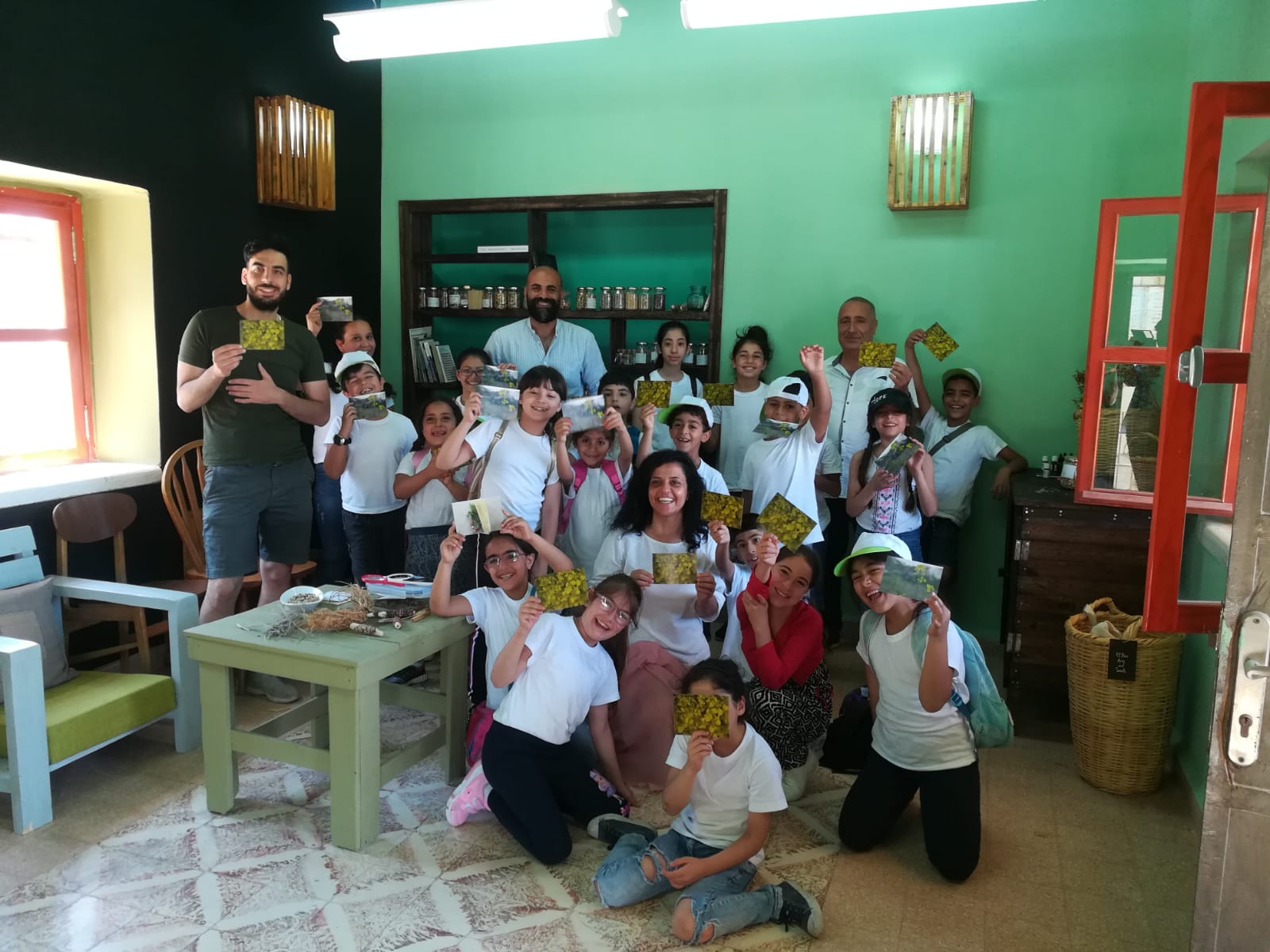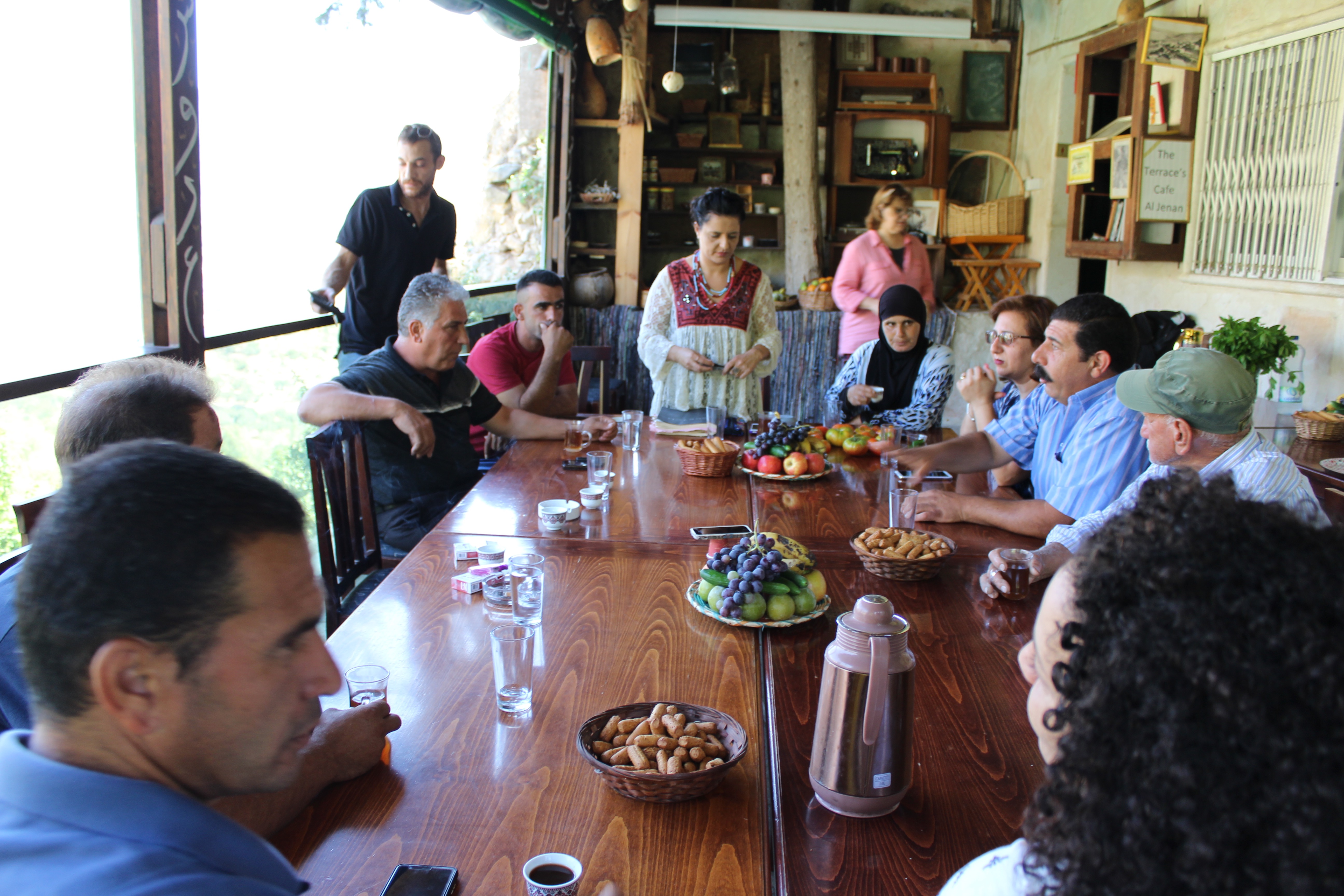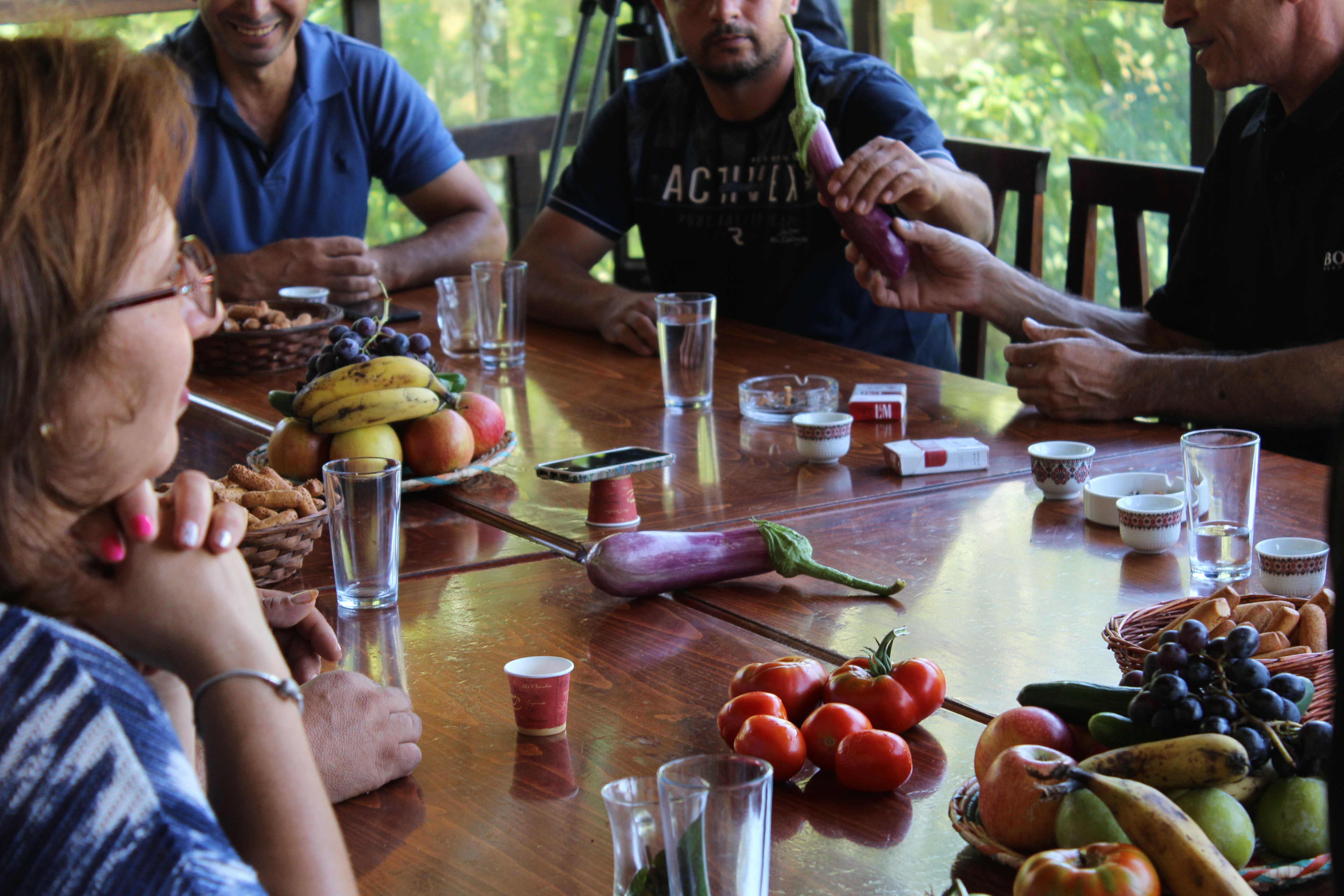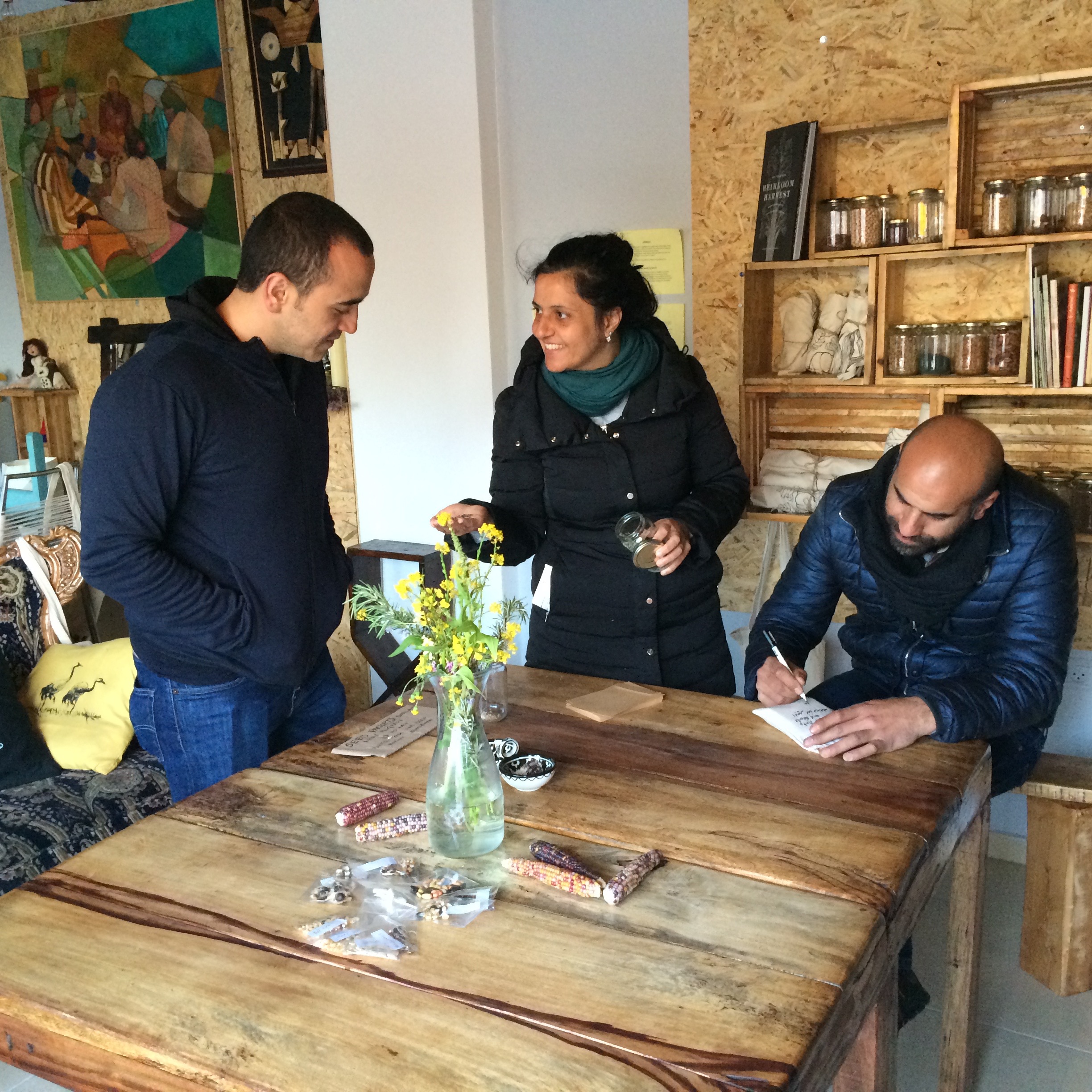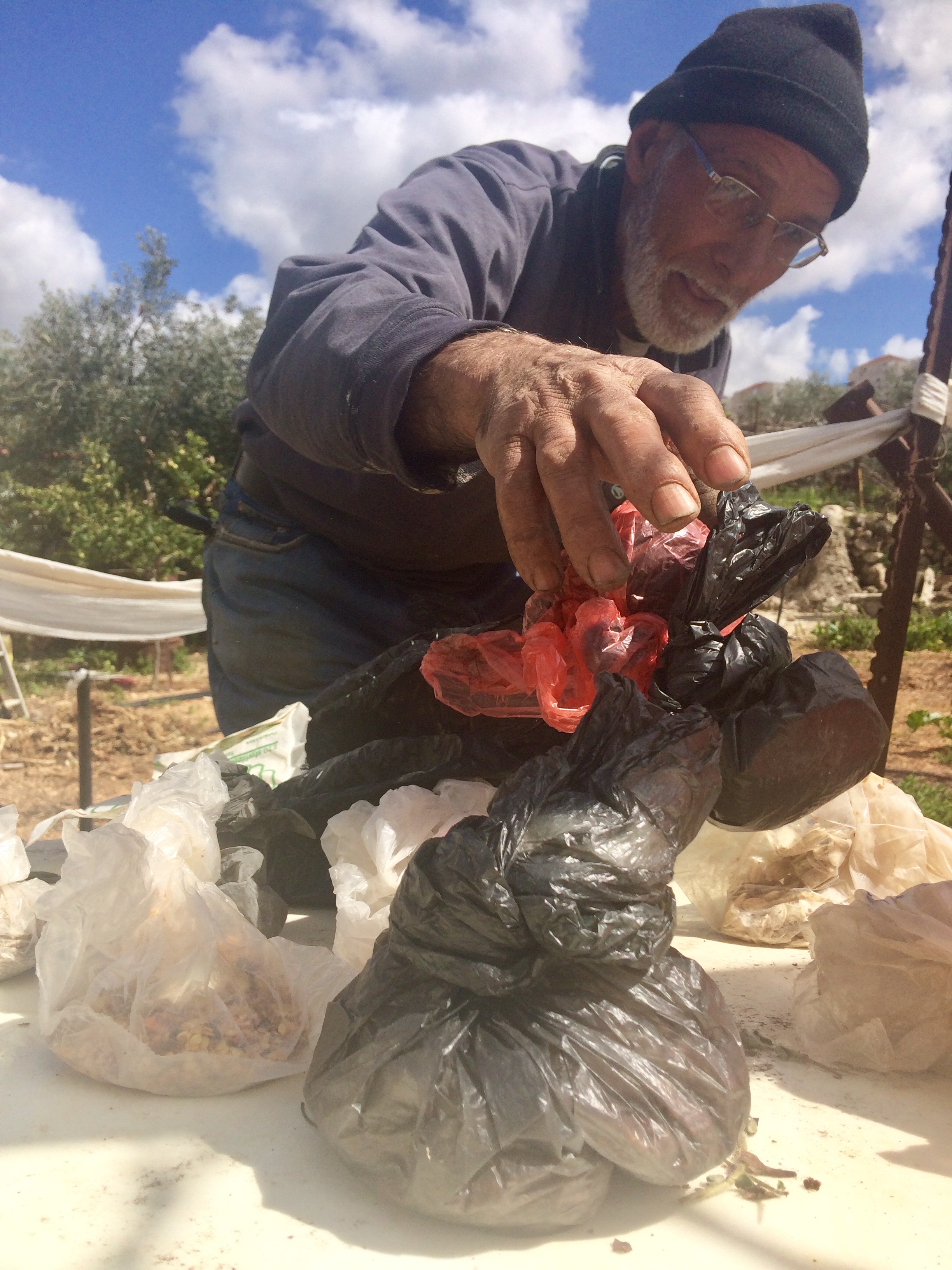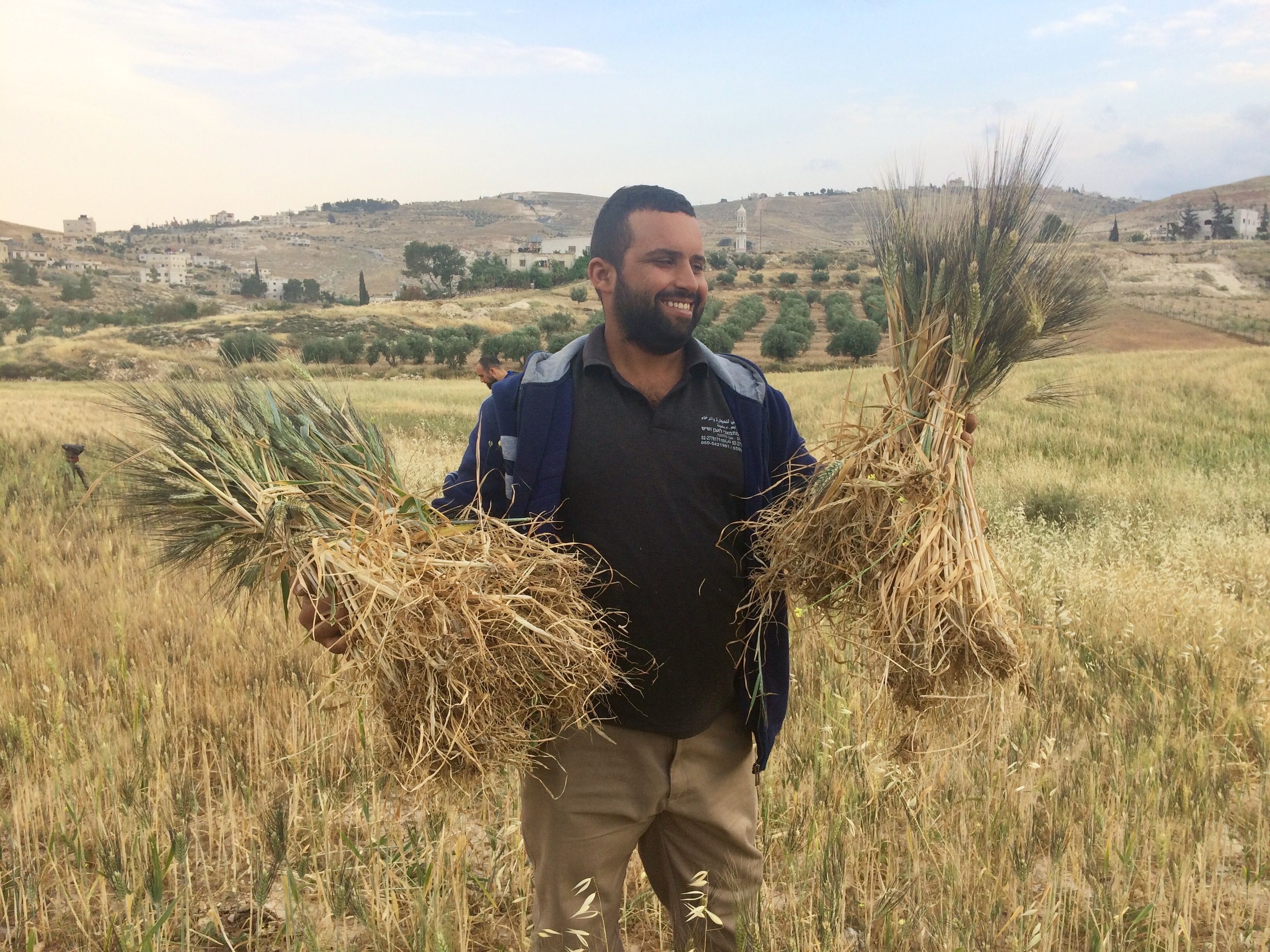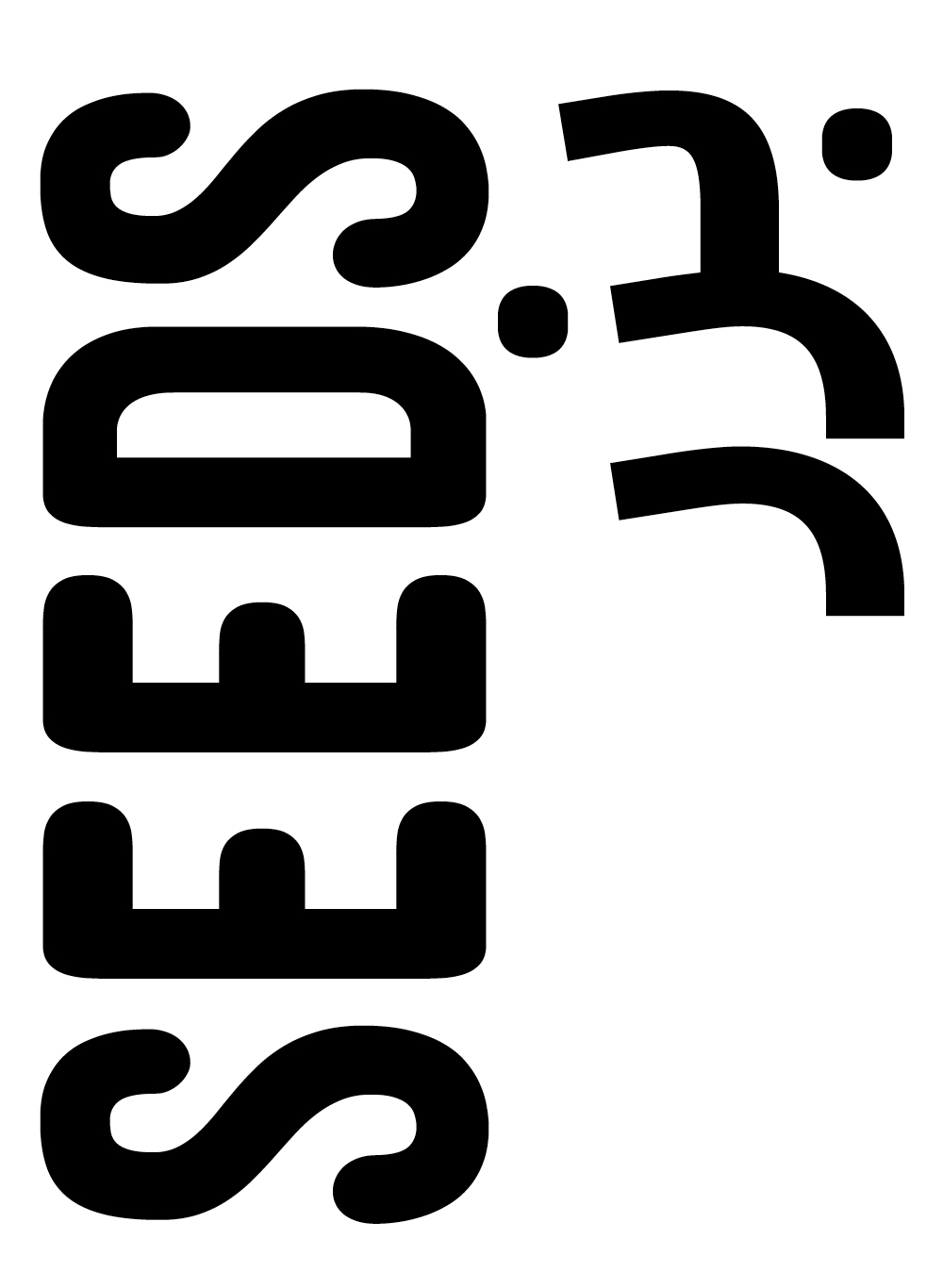PALESTINE
HEIRLOOM SEED LIBRARY
مكتبه البذور البلدية الفلسطينية
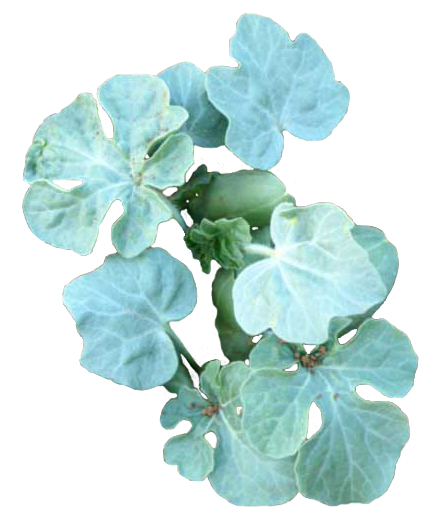
Part of the Fertile Crescent, Palestine has been considered one of the world’s centers of diversity, particularly for wheat and barley. This biodiversity, which has kept us alive for millennia, is being threatened by policies that target farmers and force them to give up their heirloom seeds and adopt new varieties. Heirlooms, which have been carefully selected by our ancestors throughout thousands of years of research and imagination, form one of the last strongholds of resistance to the privatization of our life source: the seed. These seeds carry the DNA of our survival against a violent background that is seen across the hills and valleys through settlement and chemical input expansions.
Heirloom seeds also tell us stories, connect us to our ancestral roots, remind us of meals our families once made at special times of the year. The Palestine Heirloom Seed Library (PHSL) is an attempt to recover these ancient seeds and their stories and put them back into people’s hands. The PHSL is an interactive art and agriculture project that aims to provide a conversation for people to exchange seeds and knowledge, and to tell the stories of food and agriculture that may have been buried away and waiting to sprout like a seed. It is also a place where visitors may feel inspired by the seed as a subversive rebel, of and for the people, traveling across borders and checkpoints to defy the violence of the landscape while reclaiming life and presence.
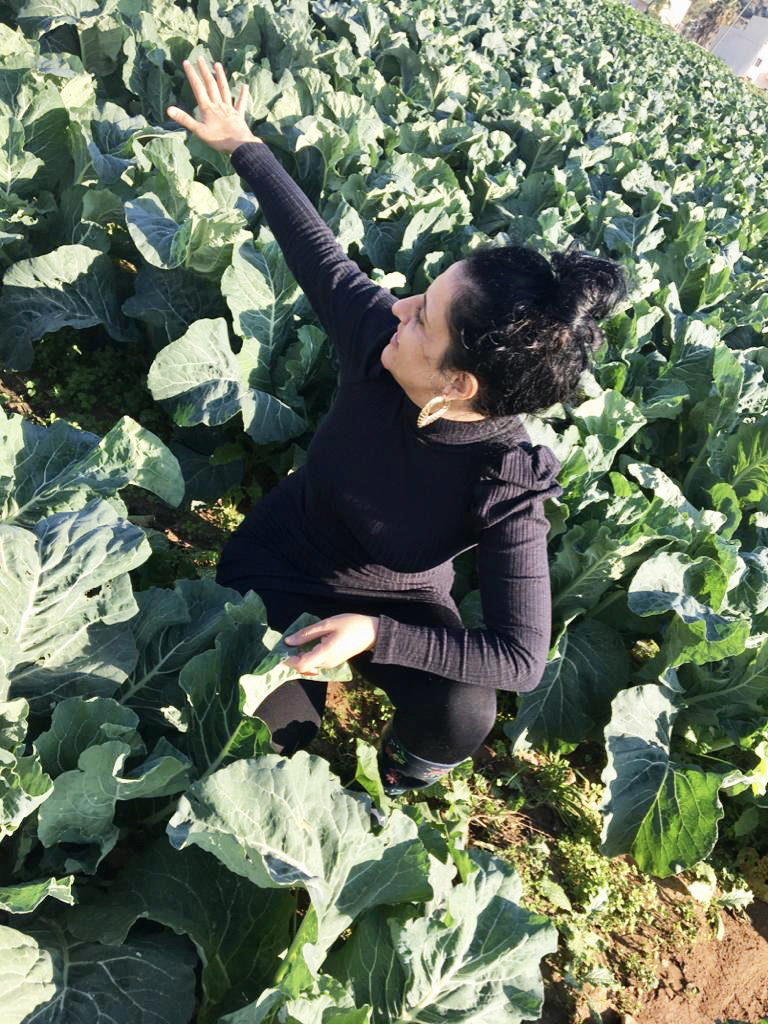
General Overview︎︎︎︎︎︎
Like most farmers around the world, Palestinian farmers are facing the dangers of agribusiness, corporate seed, land dominance along with political violence. But many of these farmers are the heroes who have been safeguarding these precious seeds and the knowledge these seeds carry. Palestinian heirloom seed varieties are under threat; many have gone extinct. These seeds that have been passed down to us over the centuries carry in their genes the stories and the spirits of the Palestinian indigenous ancestors. Aside from their cultural significance, these seeds carry options for our future survival as we face climate change and the erosion of agrobiodiversity worldwide. As such, it is urgent that we save and propagate them.
Founded by Vivien Sansour, the PHSL and its Traveling Kitchen project seek to preserve and promote heritage and threatened seed varieties, traditional Palestinian farming practices, and the cultural stories and identities associated with them. Based in the village of Battir, a UNESCO World Heritage site outside Bethlehem, the PHSL also serves as a space for collaborations with artists, poets, writers, journalists, and other members to showcase and promote their talents and work. Working closely with farmers, Sansour has identified key seed varieties and food crops that are threatened with extinction and would provide the best opportunities to inspire local farmers and community members to actively preserve their bioculture and recuperate their local landscape. The PHSL is part of the global conversation about biocultural heritage. Its Traveling Kitchen is a mobile venue for social engagement in different communities, promoting cultural preservation through food choices.
